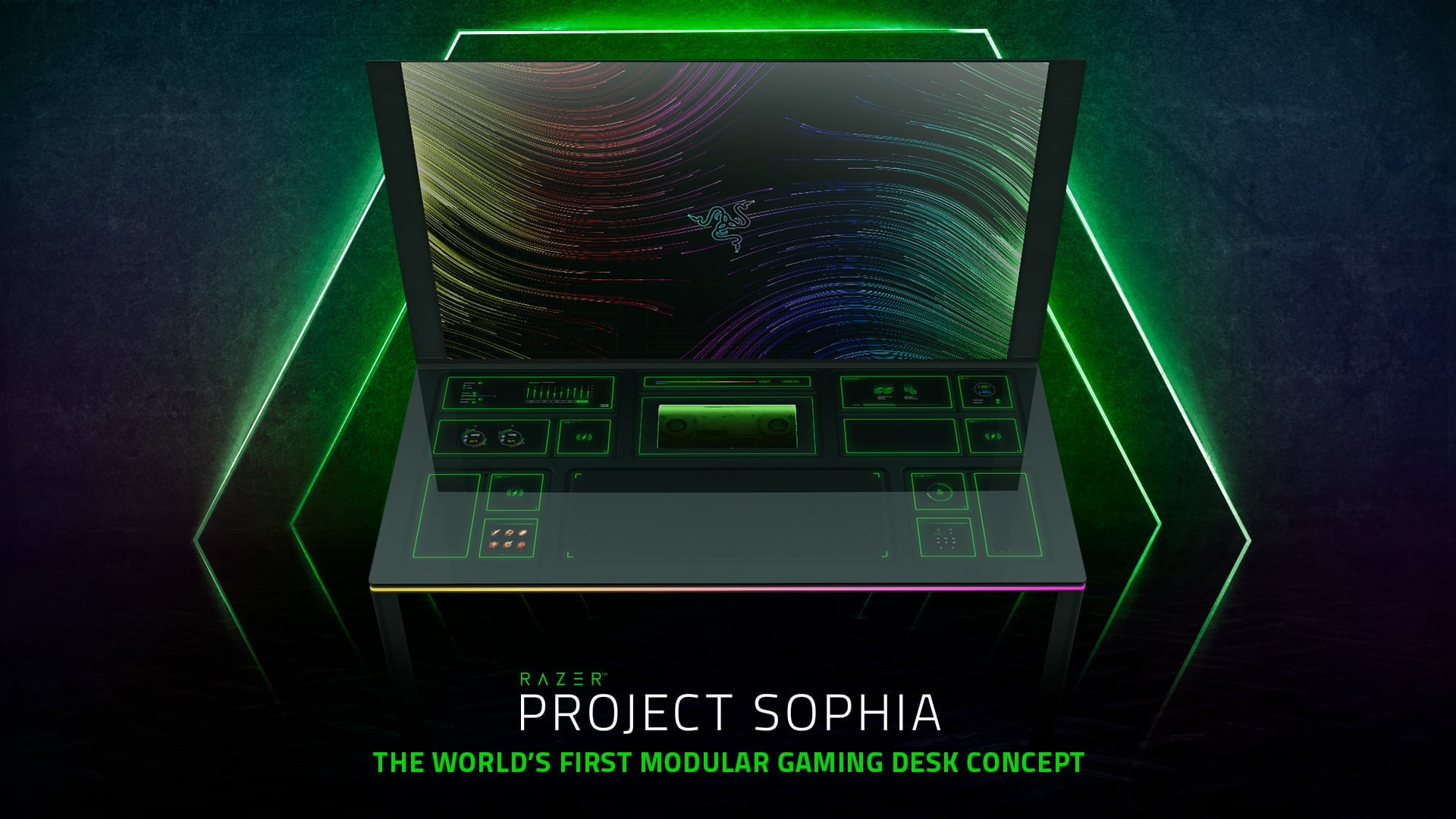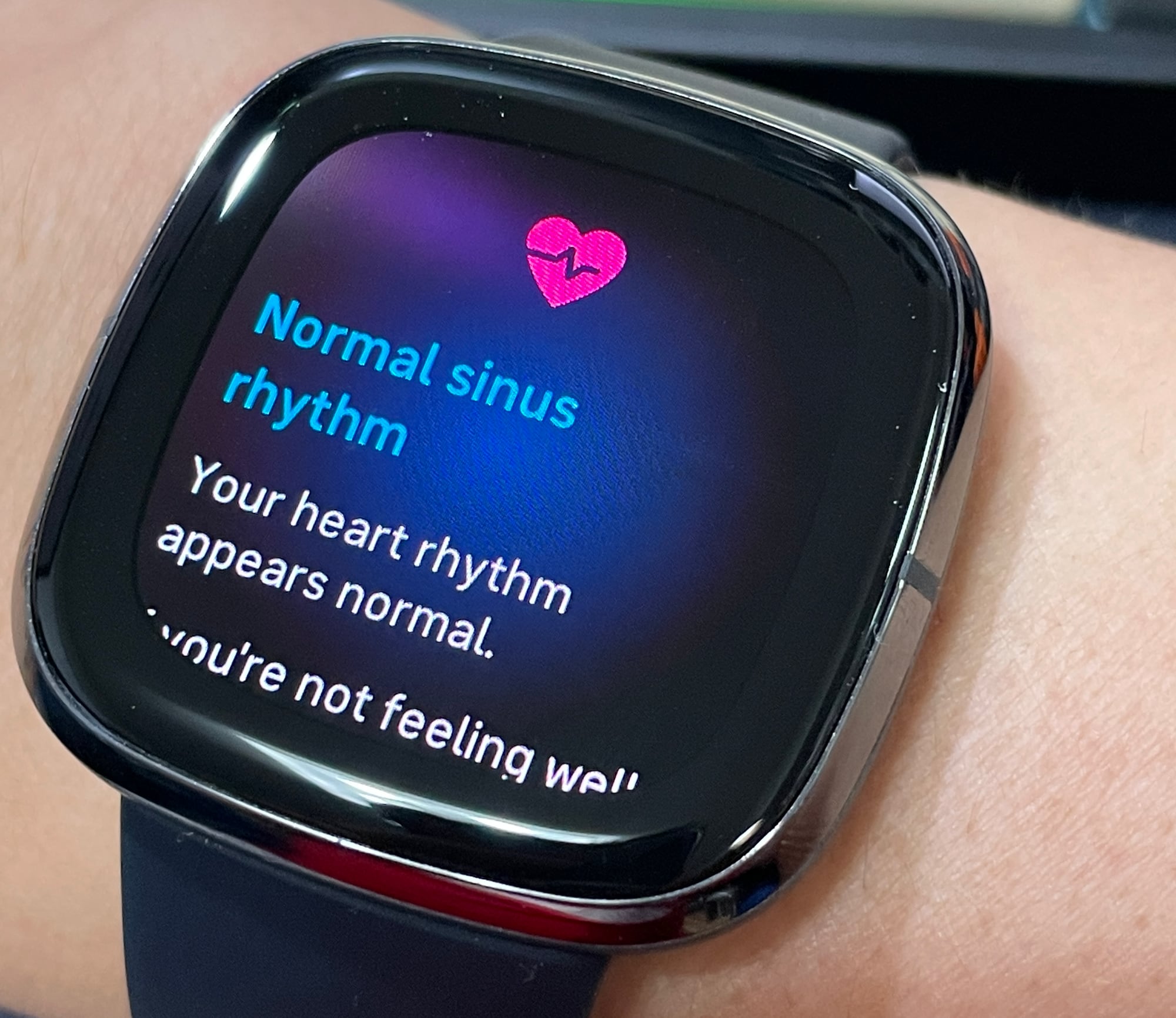
It will not be a proper CES if Razer does not announce something over the top like last year’s Project Brooklyn. And this year, we have Project Sophia, the world’s first true modular gaming desk concept, according to Razer.
Project Sophia is a highly modifiable desk capable of supporting up to 13 separate modules, so you can personalise the desk to your heart’s delight.

Each section of the desk can be configured with an array of task-specific components, such as secondary screens, system monitoring tools, touchscreen hotkey panels, pen tablets, audio mixer units and even external capture cards. You can potentially re-configure your set-up in seconds.

At the heart of Project Sophia is a customised printed circuit board (PCB) fitted with the latest Intel processor and Nvidia GPU to support the most resource-intensive tasks.
To maximise desk space, all the modules are housed in a slim chassis that magnetically snaps underneath the glass tabletop. The modules can be easily detached to install new upgrades.

The desk comes equipped with a 65-inch next-generation OLED display that features self-lit pixels and the latest technologies for brighter and sharper visuals. Not to mention, the desk is lined with LEDs that supports Razer Chroma RGB system.

Our guess is this Project Sophia is probably not going to make it into an actual consumer product in the market anytime soon, if ever. This is unlike last year’s Project Hazel RGB smart mask that was ultimately evolved into the quick-selling Razer Zephyr in less than a year.
At the same time, Razer also unveiled the Enki Pro HyperSense gaming chair that comes with haptic feedback. Based on Razer’s popular Enki Pro chair design, the Enki Pro HyperSense features a haptic feedback unit developed with D-BOX, a Montreal-based company specialising in haptic theatrical experience.

The Enki Pro HyperSense is powered by an advanced haptic engine that has been developed to simulate a range of vibrations, textures, and motions. It comes with 65,000 haptic variations with tactile feedback of up to 1 G-Force as well as 1.5 inches of vertical and backward tilt. The chair also integrates a Chroma RGB headrest for the complete experience.

Project Sophia and the Enki Pro HyperSense are part of the continuing expansion of the Razer ecosystem, which includes the new Razer Chroma Smart Home Program that is expected to launch during the first half of this year.
It is an open invitation for hardware partners from the smart home industry to integrate their products into Razer’s ecosystem. Currently, PC hardware partners can access Razer’s Chroma RGB lighting protocol and integrate their own product offerings. Now, this Razer Chroma RGB is expanding beyond the desktop to the smart home industry.
This is an effort by Razer to address the issue of consumers having to juggle between multiple applications to manage their smart home devices. Instead, consumers can use the Razer Smart Home App for unified control. It streamlines the set-up and customisation process by creating a single smart home ecosystem. Thus, you have the ability to control and sync all their smart home devices from one simple convenient interface.






